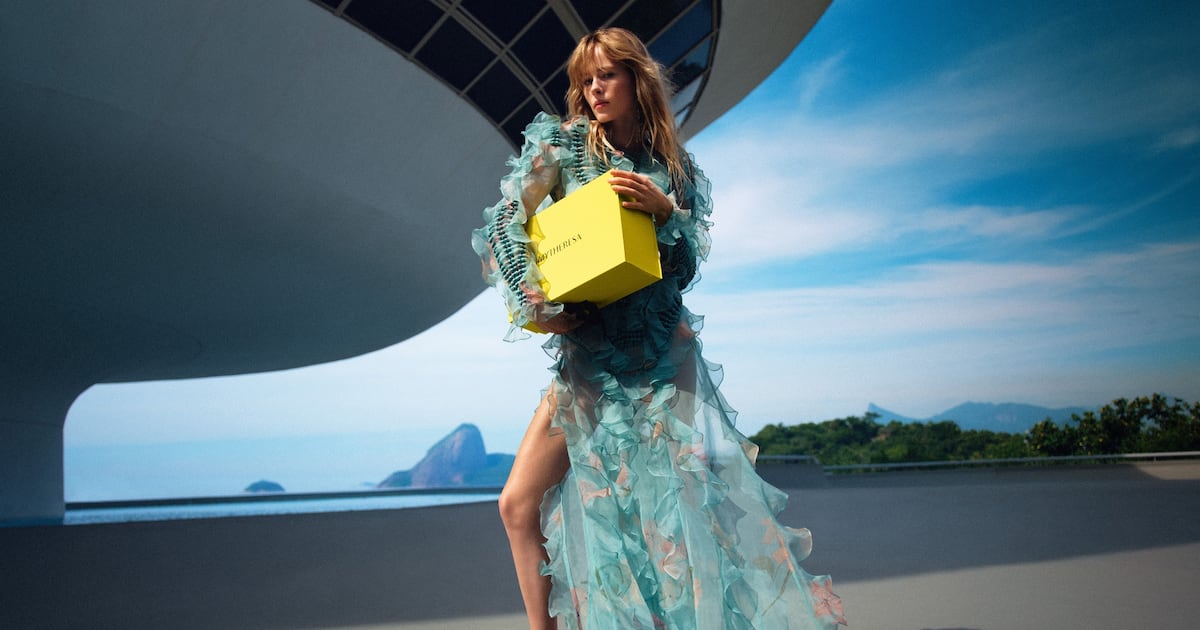
Even online luxuryâs most stable force isnât immune to industry headwinds.
Mytheresaâs sales grew a paltry 4 percent to â¬243 million ($273 million) in the quarter that ended in March, down from the 13 percent growth it reported in the previous quarter and the 18 percent increase it saw during the same period last year. The slowdown was driven, in part, by a lower sales uptick in the US â previously one of the German e-tailerâs strongest markets â which increased 4 percent during the quarter; revenue in the region rose 18 percent in the prior quarter.
The results marked the end of a hot streak for the e-tailer, which generated more than 10 percent growth in three of its last four quarters despite a broader luxury slump. Still, the companyâs focus on wooing top spending clients with âmoney-canât-buyâ experiences like visits to Alaiaâs knitwear factory or intimate cocktails with Pucciâs creative director, Camille Miceli, continues to pay off elsewhere in the business: its average spend per top customer grew 18 percent; and its average order value jumped 9 percent to â¬753 during the quarter.
With top customers spending more per transaction, and returning less frequently, Mytheresa maintained a healthy 4 percent profit margin on its adjusted earnings before interest, taxes, depreciation and amortisation.
While Mytheresaâs slower US growth predates the higher tariffs imposed by US President Donald Trump in April, itâs a symptom of shifting consumer behaviour that was already underway. Consumer sentiment in the US dropped 18 percent year over year in the first three months of 2025 amid prolonged recession fears, according to the University of Michigan, which has only been exacerbated by tariff turmoil. Mytheresa now expects sales growth for its fiscal year, which ends in June, to land closer to 7 percent than the previous stretch goal of 13 percent, said Michael Kliger, the companyâs chief executive.
âI donât have any specific understanding of what will happen in the next two months other than uncertainty, and that is a problem,â Kliger said. âWhat is really needed for companies to operate and for consumers to adapt to is stability.â
Mytheresaâs ability to retain profitable growth is more important than ever as it enters the most critical period in its history. In April, the company completed its acquisition of former rival Yoox Net-a-Porter. The combined quantity, now called LuxExperience, is expected to generate â¬4 billion in gross merchandise value by 2029, making it the biggest player in online luxury.
To get there, LuxExperience has to recharge sales growth at YNAP â the companyâs sales dropped 15 percent in the quarter that ended last June. LuxExperience is enlisting the help of former employees for that turnaround: Toby Bateman and Jeremy Langmead â founding members at Mr Porter â are returning to the site as chief executive and brand director, respectively; Net-a-Porterâs former vice president of global marketing and Mytheresaâs North American president, Heather Kaminetsky, will succeed Alison Loehnis as CEO. LuxExperience will announce its post-acquisition plans to investors on Thursday.
âWhat [investors] want to know in regard to LuxExperience is not what will you do in the next three months,â Kliger said, âthey want to know what is the plan for the next three years.â

